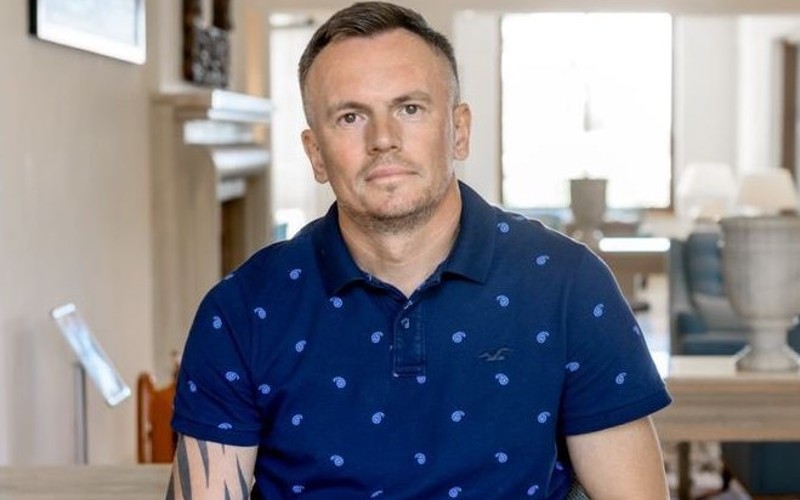The first institutional investor into UK-based Flo Health, which recently became the first FemTech unicorn, has closed it third VC fund.
Boston-based Flint Capital took an unusual approach to raising the $160m, which was raised from IT entrepreneurs, who favour the fund’s stable venture profits in high-multiplier industries over increasingly risky alternative assets.
The capital will be used to assist early stage European and Israeli startups in target industries, including cybersecurity, digital health, FinTech, Enterprise SaaS, and B2C, in entering the US market
As well as being the first institutional investor of Flo Health, Flint Capital participated in a 2022 £2.5m seed funding round in UK EdTech Oneday, which helps aspiring entrepreneurs turn their passion into a business through coaching, community and content.
Previously, Flint Capital has successfully closed two funds. The first one shows top quartile IRR around 25 per cent and has three unicorns in its portfolio: Socure (valued at $4.5bn); WalkMe (acquired by SAP), and London-based Flo Health.
Additionally, it invested in companies with notable exits such as CyberX (acquired by Microsoft), Voca.ai (acquired by Snap), and MatchCo (acquired by Shiseido).
Dmitry Smirnov (pictured), partner at Flint Capital, said: “While funds raised less than $20bn the first quarter of this year – the lowest amount since 2011 – we raised 1.5 times more than we did before.
“With the first fund’s TVPI at 4.6 and the second one on the rise and already in the profit zone, many investors in the initial funds not only chose to continue their investment but increased their contributions.
“Among the new investors, there are also founders of our portfolio companies, people we supported on their path to a successful exit.”
The third fund will continue the fund’s investment mantra of in early-stage startups with mature founders such as Nokod Security, Mika Games, and Blinq.io.
Flint Capital plans to fund about 25 companies, with 12 deals already completed. Another area of investment is Israeli pre-seed VC funds and accelerators. This will allow Flint Capital to identify promising new startups and select those with high potential for further consideration without the need of investing directly in them.
The addition of the Opportunity Fund allows Flint Capital to provide additional funding to portfolio companies as they scale and move on to their next stage.
Flint Capital was launched in 2013 by Dmitry Smirnov, who independently raised $40m for the first fund.
He was joined by two partners who brought new knowledge, skills, and network: Andrew Gershfeld, a former entrepreneur in the B2C space who knows both sides of the coin, and Sergey Gribov, who comes from the tech industry and has an excellent understanding of B2B, enterprise SaaS and cybersecurity.
Sergey Gribov, partner at Flint Capital, said: “Working with almost 70 portfolio companies, we noticed an increasing demand for a longer investment cycle and created a late-stage ‘Opportunity Fund’ for companies in which Flint Capital had successfully invested earlier. This will allow us to actively support our portfolio companies throughout their full startup life cycle.”


